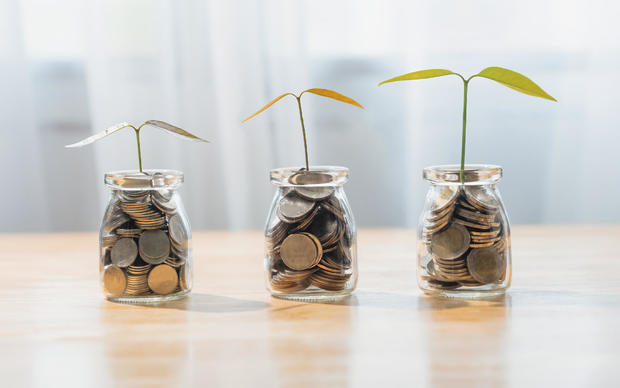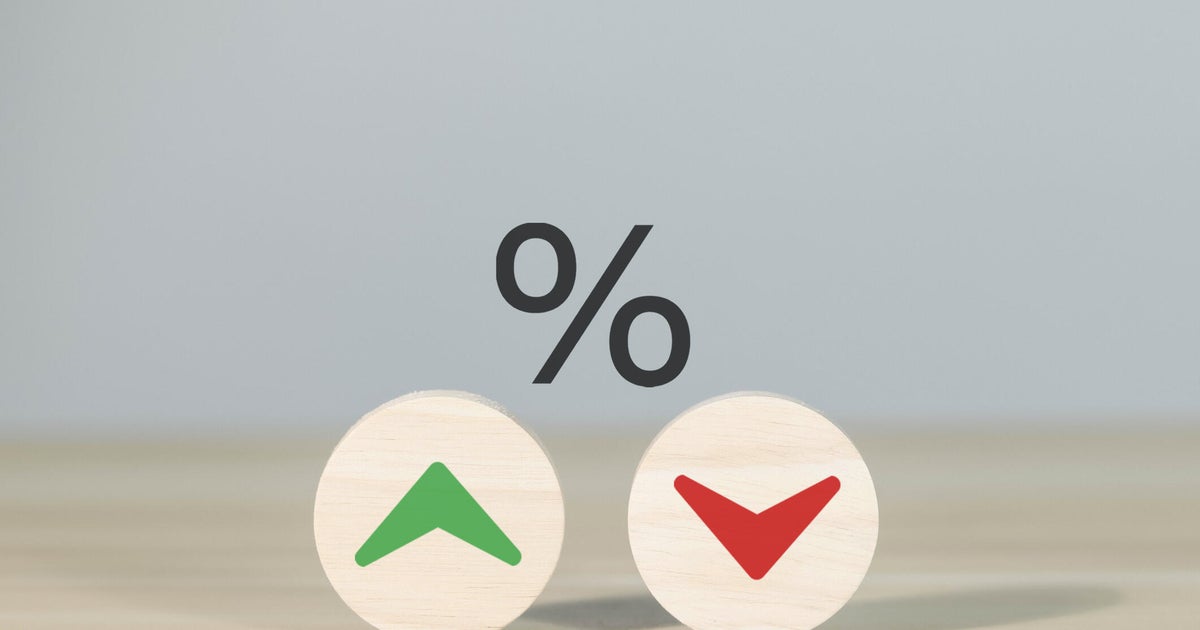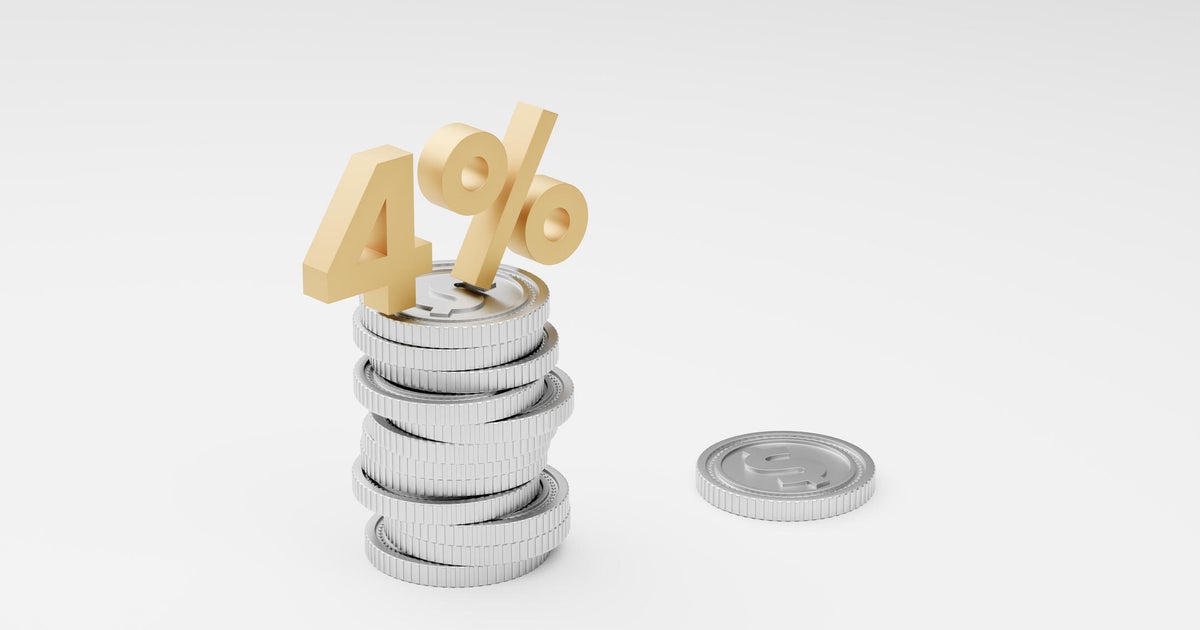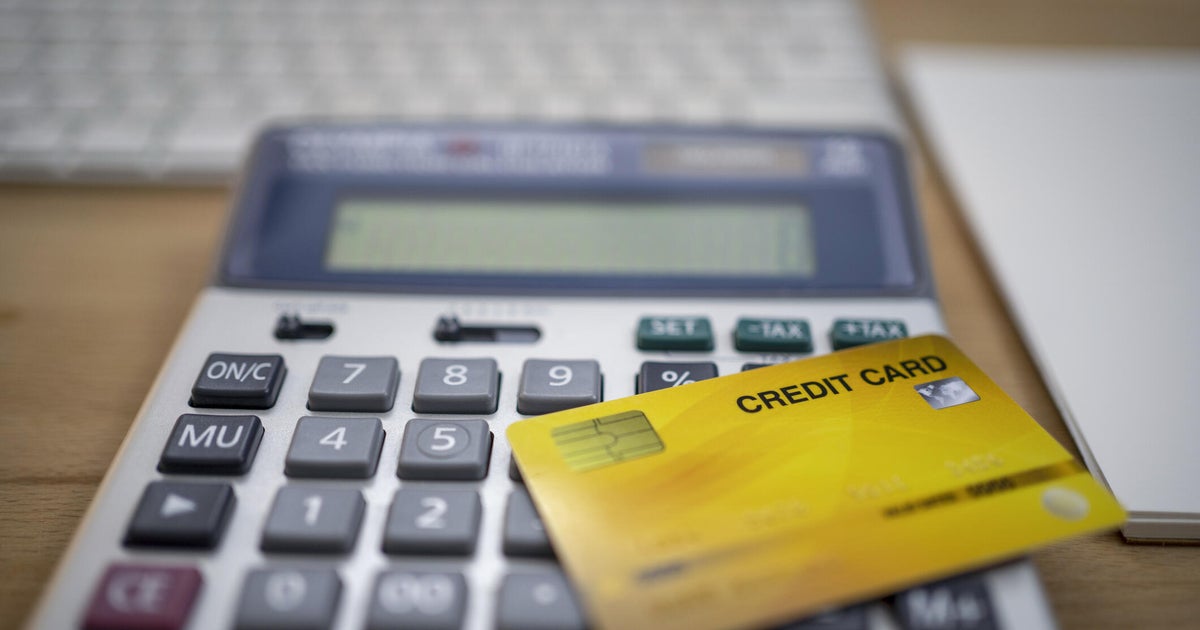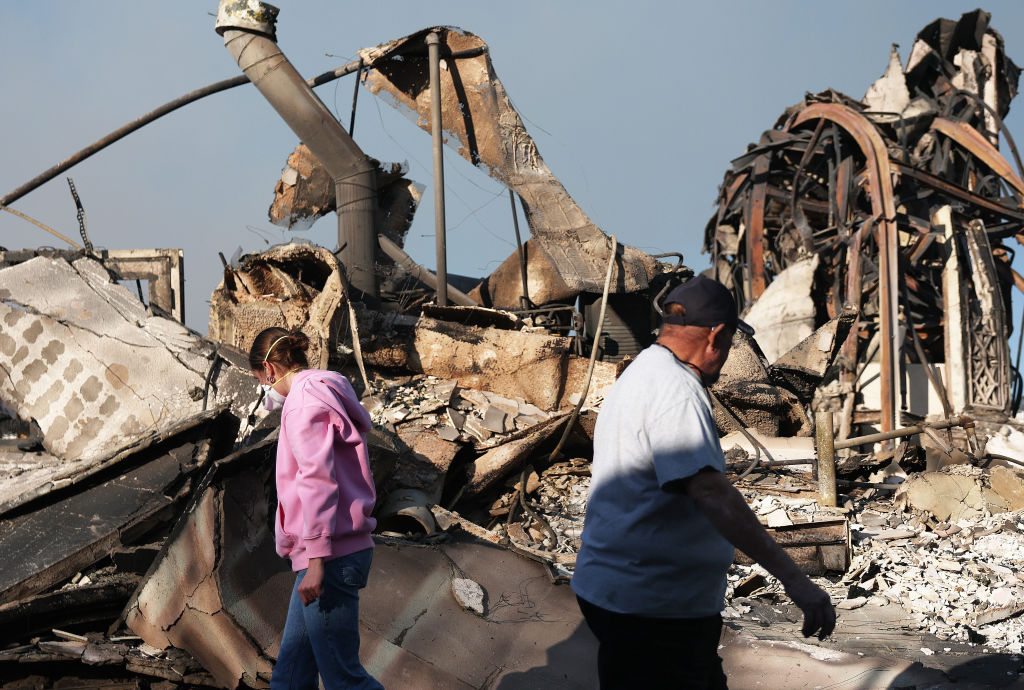How many savings accounts should you have?
News earlier this month that the Federal Reserve was again raising interest rates may not have been a surprise, but it was still unwelcome. Combined with persistent (if cooled) inflation and a potential recession on the horizon, many Americans are looking closer at their bottom line. The amount of money depositors have saved could be the difference between getting through hard economic times and having to rely on high-interest alternatives like credit cards and personal loans.
That said, it's not always clear how much you should have saved - and how many accounts you should have your money saved in. Is one enough, or do you need an emergency fund too? And should they be in a regular account or a high-yield one? That's what we will discuss below.
Start by exploring high-yield savings accounts here to see how much more you could be earning.
How many savings accounts should you have?
As is usually the case when it comes to personal financial decisions, the answer to this question is specific to the individual. While one account may suffice for some adults, others may find it beneficial to have multiple accounts. There is no definitive number for everyone.
Ideally, you can have one account to save for short-term goals (think minor home repairs, vacations, etc.) and another for long-term goals (think major home repairs, a wedding or college tuition). But it also doesn't hurt to have an emergency fund, particularly in today's economy. An emergency fund should have three to six months' worth of expenses saved, but that's also not a hard-and-fast rule. Some experts recommend saving even more.
For example, if you have an older vehicle that's likely to need fixing sooner than later, you may want more cash stored away. Or if you have a career experiencing higher-than-usual levels of job insecurity, it may make sense to go past that six-month threshold. It really depends on the individual saver.
Do a realistic appraisal of your financial situation. Would having multiple accounts help you budget better? Would it be easier to save if you have an online savings account you may not be able to access as easily? Or is your current savings situation sufficient? No one knows the answers to these questions except you. That said, there are some significant benefits of opening a high-yield savings account now that could influence your thinking.
Explore your options here now to learn more.
Why you should open a high-yield savings account now
Whether you're content with having one savings account or three, now is the time to turn your regular savings accounts into high-yield ones. Simply look at the interest rate both types of accounts are earning to understand why. Rates for regular savings accounts are currently at 0.40% for the year (according to the FDIC), but rates on high-yield accounts are exponentially higher - in the 4% to 5% range or more, depending on which lender you choose.
Let's put that into perspective. If you have $5,000 in a regular savings account, it will grow to $5,020 after 12 months. But in a high-yield account, it would grow to $5,225 over the same time frame (at a 4.50% rate). And that's at 4.50%! You may be able to find an account with no fees or balance requirements at an even higher rate. So you're essentially losing money by not opening a high-yield account (or transitioning your existing account into one).
And it's easy to get started. There are multiple high-yield savings accounts to choose from based on APY, no fees and other features.
The bottom line
There is no standardized number of savings accounts one person should have (although your bank may limit the amount they let you open). Some people may be best served by a single account, while others may find it easier to budget and save with a separate account for large expenses and a third to serve as a backup emergency fund.
Regardless of which route you choose, strongly consider putting one or more accounts into one offering high-yield returns. You won't lose any of your principle, but you could wind up seeing your bottom line grow significantly, and that will be welcome news regardless of what's going on in the larger economic environment.
